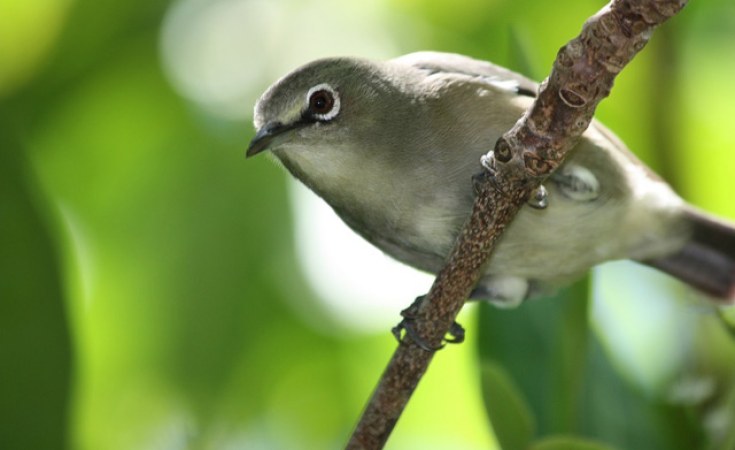Seychelles continues to lose known and unknown biodiversity due to a lack of funding, manpower and a democratic mechanism to disburse available funding, said the chief executive of Nature Seychelles, a not-for-profit organisation.
Nirmal Shah made the statement in an interview with SNA on his reaction to the outcomes of the recently held 15th meeting of the Conference of the Parties to the Convention on Biological Diversity (COP15).
Held in Montreal, Canada, from December 7 to December 19, COP15 Biodiversity summit was chaired by China and brought together representatives from 188 governments who adopted the Kunming-Montreal Global Biodiversity Framework (GBF).
According to an article from the UN Environment Programme, the framework seeks to address biodiversity loss, restore ecosystems and protect indigenous rights.
"The plan includes concrete measures to halt and reverse nature loss, including putting 30 percent of the planet and 30 percent of degraded ecosystems under protection by 2030. It also contains proposals to increase finance to developing countries," the article continued.
Shah told SNA that while there were some wins during COP 15 "with Seychelles having a high-income status, we are not eligible for many of these funds. There are these discrepancies in the world that unfortunately to which we become victims. We are being told to contribute as a high-income country."
He explained that many of the impacts of climate change on the Seychelles' environment, infrastructures and the livelihood of its people are caused by developed countries that continue to emit carbon dioxide into the atmosphere, fuelling climate change.
"It was acknowledged that there is a huge funding gap for the conservation of biodiversity. Seychelles has huge amounts of biodiversity both on land and in the sea, with many being endemic, but we don't have enough people who are monitoring this, doing research on it, and trying to conserve it due to the lack of funding," said Shah.
The chief executive added as a result, Seychelles is losing biodiversity without knowing it because they are not being monitored and not enough is known about them.
"There are species that we have not discovered yet, and we are losing them. One solution is to have already existing large mechanisms, like GEF (Global Environment Facility), to be more democratic and equitable so that more participants can benefit from it, and not just have a government agency or international agency that decides what to do in a country. Yes, NGOs have benefited from the GEF for many years, but it is not enough," he continued.
Nature Seychelles is a leading environmental non-governmental organisation in Seychelles and is involved in environmental conservation and management.


